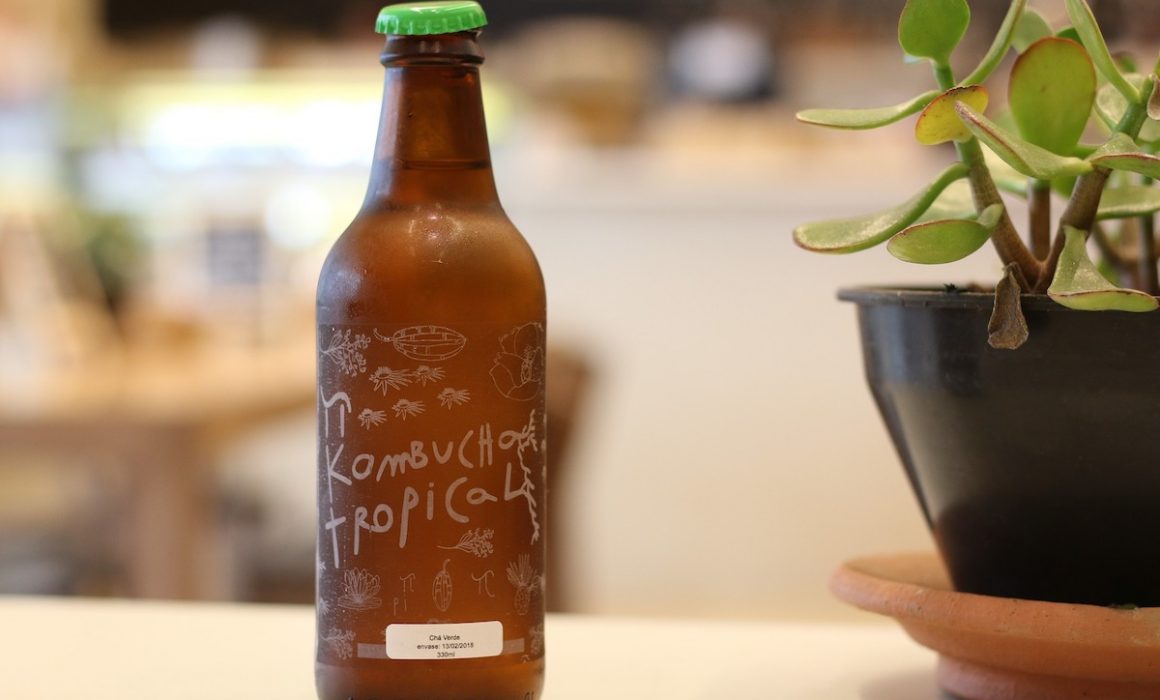Probiotics, kombucha and gut health
A hot topic at the moment, optimal gut function is the foundation to all health. However there is a lot of misinformation out there, so in this journal I hope to provide some new insights for you.
Probiotics are essentially bacteria and yeast, added to your body in order to help recolonise the microbiome found in your gut (aka: gut bugs). But also those found on your skin and in your vaginal cavity (if female). The right balance of gut bugs is essential to human health. Our microbiome regulates our entire immune system, assists in body weight maintenance and produces neurotransmitters (to assist with mood stabilisation). It can even alter our cravings for certain foods. What unfortunately is not well understood is that different strains of bacteria can assist with very different ailments. Each has a very different role to play in the human body.
Seek professional support
If severe gut dysfunction is suspected, it’s important to seek support from a qualified health practitioner. Specifically, a practitioner who has a particular interest or whom specialises in gut health. They will have a deeper understanding of the role of different strains of bacteria. They can also find the most appropriate probiotic for your health. Did you know that there are different strains that may alleviate symptoms of IBS – diarrhoea vs. IBS- constipation vs. diverticulitis vs. chronic thrush vs. urinary tract infections vs. mood disorders vs. reducing likelihood of offspring with allergies in pregnant women! This is just a small sample of conditions in which research supports probiotic supplementation. However, I’ve seen all too many clients who’ve bought an over-the-counter probiotic that has caused more harm than good. It really is worth chatting to an expert who can take into consideration all your health needs and decipher the best approach for you. They can also assess the primary cause of gut dysfunction and provide individualised support.
What about general health though? If your gut is typically pretty good, I’d encourage you to consume probiotic rich food sources rather than simply relying on a probiotic supplement. Examples of probiotic foods include kombucha, yoghurt, kefir and sauerkraut. These are terrific for continuing the repopulation of bacteria and consequently your microbiome.
Which bacteria is best?
The only problem with probiotic foods is that there is no way of knowing which bacteria and yeast is contained within the food substance. Take sauerkraut for example: when making sauerkraut you leave the cabbage to ferment in your home. The bacteria and yeast found within your home which will enter into your fermenting cabbage, may be quite different to the bacteria found at your friend’s house or at the site of The Fermentary. So if you’re trying to heal your gut from severe dysfunction: probiotic foods may help, but they could also make you worse. Similarly in those who are hyper-allergenic, there could be another factor at play: histamine. High histamine foods for some people can be disastrous if their system is compromised. The bottom line is: if you’ve been consuming probiotic foods and feel great, then continue doing so! But if you’ve been feeling worse or noticed no difference to your gut health, then I’d urge you to reach out to a health practitioner for support.
For more information on how to support your microbiome, check out my latest blog here.
To book an appointment with myself or a colleague, book a consultation online.




